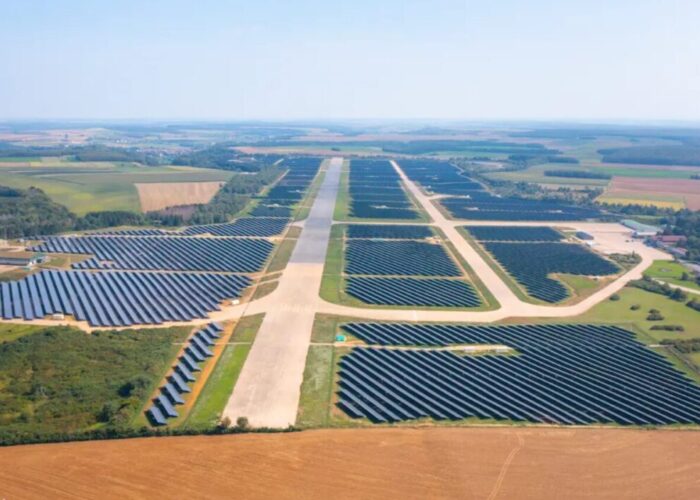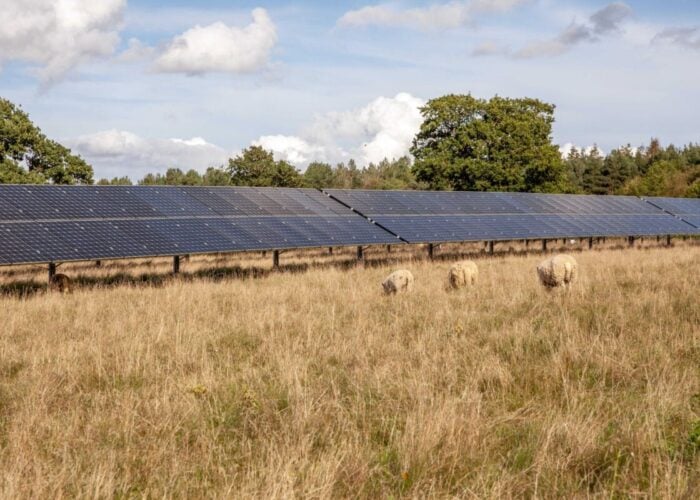A new report from the International Renewable Energy Agency (IRENA) highlights the potential impact that renewable energy could have on the African continent in 15 years.
According to the report, titled “Africa 2030,” the entire continent could generate nearly a quarter of its energy needs through the use of indigenous renewable energy by 2030. Breaking it down, new renewable technology could potentially account for 22% of Africa’s energy needs by 2030 — a massive increase from just 5% in 2013.
Try Premium for just $1
- Full premium access for the first month at only $1
- Converts to an annual rate after 30 days unless cancelled
- Cancel anytime during the trial period
Premium Benefits
- Expert industry analysis and interviews
- Digital access to PV Tech Power journal
- Exclusive event discounts
Or get the full Premium subscription right away
Or continue reading this article for free
Adnan Z. Amin, director-general of IRENA, said: “Africa holds some of the best renewable energy resources in the world in the form of biomass, geothermal, hydropower, solar and wind. This, combined with the precipitous drop of renewable energy technology costs, creates a massive opportunity for African countries to both transform and expand their energy systems while providing a pathway for low-carbon economic growth.”
Findings from the report list nearly 10 exajoules – equaling out to more than 341 megatonnes of coal – of options for sustainable development in Africa through renewable energy. Around 40% of this energy would come from the power section, with PV sources available across the continent. Renewable energy capacity additions could boost the share of modern renewables in the power sector to 50% by 2030, cutting carbon dioxide emissions by more than 310 megatonnes.
Switching to modern renewable energy cooking solutions would also lower the use of traditional cooking stoves by more than 60%, saving US$20 to US$30 billion annually by 2030 as a result of the reduction of health issues from poor indoor air quality.
Amin added: “Tapping into renewable energy resources is the only way African nations can fuel economic growth, maximise socio-economic development and enhance energy security with limited environmental impact. The technologies are available, reliable and increasingly cost-competitive. The onus is now on Africa’s governments to create conditions to accelerate deployment, paving the way for Africa’s unfettered, sustainable development.”
The report mentions 14 measures to speed up the development of renewables in Africa, including launching policies and frameworks to spur investment, adopting investment promotion measures and off-grid renewable energy solutions to grow energy access and reduce poverty.






